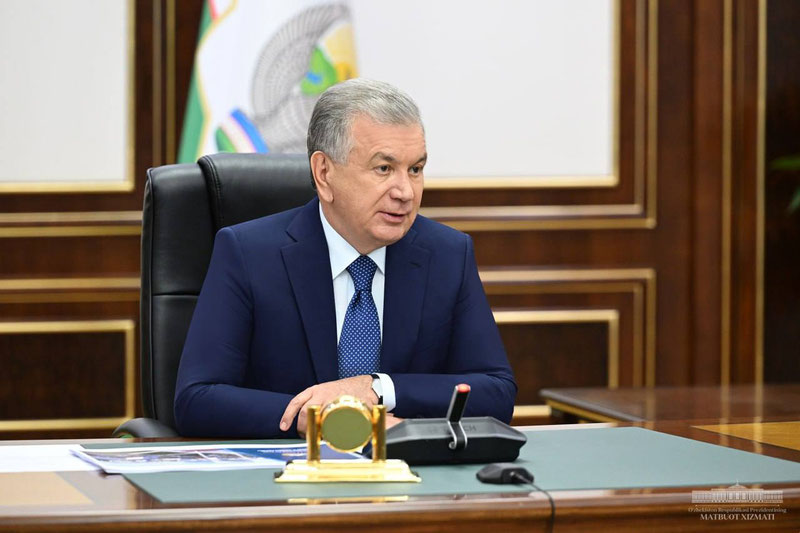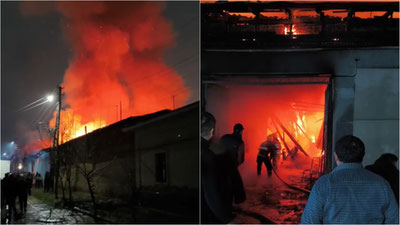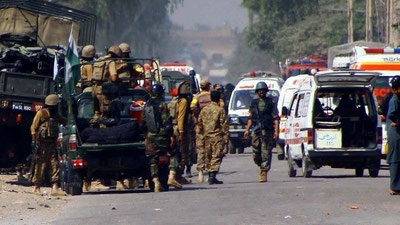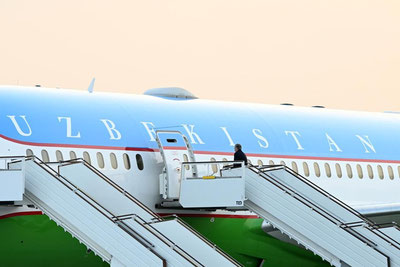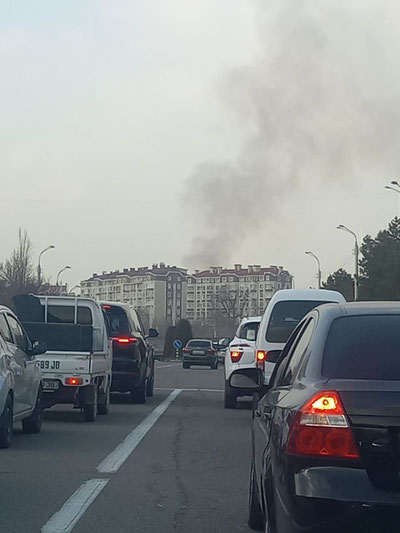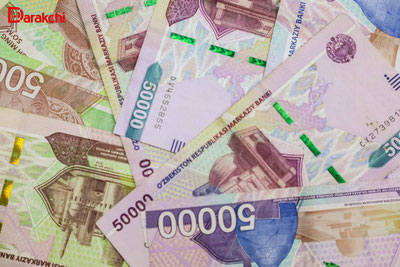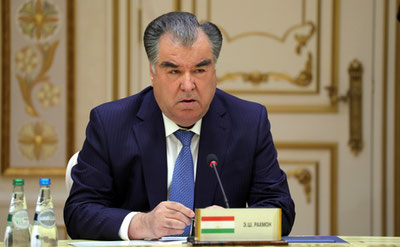President Shavkat Mirziyoyev became acquainted with the presentation of measures aimed at developing competition on August 5th here.
The work being done to reduce state intervention in the economy and curb large monopolies is having a positive impact on the competitive environment. In particular, over the last five years, the competitive environment for more than 25 types of goods has improved. Exclusive rights that restrict competition in 7 types of activities have been abolished. The number of enterprises with state participation decreased by 42 percent, and the number of business entities increased by 1.6 times.
Last year, the Law “On Competition” was adopted in a new version. Additional effective powers were granted to the Committee for the Development of Competition and Protection of Consumer Rights. Based on this, studies have shown the existence of decisions against competition, direct contracting, and taking advantage of dominant positions in commerce in some organizations.
Therefore, to increase the scope and efficiency of work in the field, the Concept of Competition Development was developed. It outlines the next steps for reducing state participation in the economy, liberalizing market entry, and creating equal conditions for entrepreneurs.
For example, normative-legal articles and excessive requirements that hinder the free access of business entities to markets will be abolished. Simplifications aimed at reducing regulatory burden will be introduced, including replacing permitting processes and licenses with compulsory insurance of liability.
Independent market regulators will be introduced in the sectors of natural monopolies. The involvement of natural monopoly subjects in markets related to natural monopolies and capable of developing competition will be limited.
The volume of direct state purchases will be reduced, and state purchases will be completely transferred to competitive methods. State aid with distinctive characteristics that limit competition, including exclusive rights, privileges, preferences, and simplifications, will be abolished.
The integration of information systems of state organs will enable digital monitoring of the entire chain of price formation of socially significant products. A system for not disclosing and rewarding individuals who provide information about anticompetitive agreements and actions, and collusion cases, will be introduced.
Overall, as a result of this concept, measures will be taken to gradually eliminate state monopolies in sectors such as energy, oil and gas, water management, road construction, railways, and airport services. Actions against competition in state purchases will be prevented, ensuring transparency of these processes. The number of offers in commodity-raw materials exchanges will increase, expanding the choice for buyers.
The President gave additional instructions to continue work in the field, ensuring the principles of a free market, and preparing specialists. It was emphasized that it is necessary to reduce the state's share in the economy, and gradually transfer some functions to the private sector. There is a task to continuously analyze the competitive situation in the product, financial, and digital markets, and to submit proposals for improving regulations.
In the last three years, more than 2,000 documents contrary to competition have been identified at the local level. The majority of them were accepted by local authorities and ministries. Therefore, it was pointed out the necessity to invigorate the work of regional branches of the Competition Committee and improve the qualifications of personnel.
Furthermore, it was mentioned that it is necessary to increase openness of the Committee's work to the public and coverage in the mass media. This is important from the point of view of preventing legal violations, and shaping an environment of transparency and integrity.
